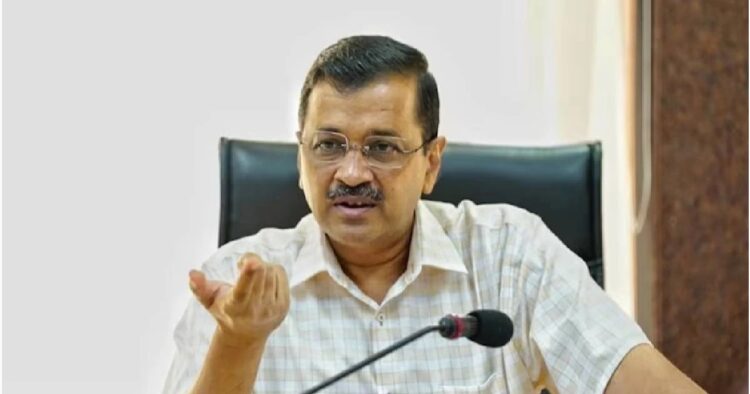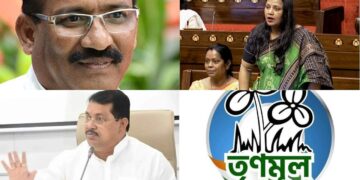Delhi Chief Minister Arvind Kejriwal is facing controversy over his refusal to attend the Enforcement Directorate’s (ED) second summons, calling them ‘illegal and politically motivated.’ The chief minister, currently participating in a 10-day vipassana (meditation) session in Punjab, urged the ED to withdraw the summons.
Kejriwal’s office, in a statement, asserted that he is willing to comply with legal summons but deems the current ED summons as politically driven. The details of his response to the ED remain undisclosed. The chief minister had previously skipped the first summons on November 2, stating ambiguity regarding the purpose and his role in the investigation.
The ED had summoned Kejriwal for questioning in a money laundering case related to the Delhi excise policy investigation. Allegations include kickbacks of ₹100 crore received by the Aam Aadmi Party (AAP) to influence the Delhi excise policy, with a portion allegedly used in the Goa elections campaign. The ED claims AAP volunteers were paid in cash during the campaign.
The BJP spokesperson accused Kejriwal of disrespecting the law by avoiding ED summons under the pretext of attending vipassana. The ED maintains that Kejriwal is a key figure in the excise scam, and his questioning is essential to the investigation.
The ED has already arrested prominent AAP leaders, including former deputy chief minister Manish Sisodia and Rajya Sabha MP Sanjay Singh. In total, 14 individuals have been arrested, and the ED seeks court permission to investigate AAP as a beneficiary of the “proceeds of crime.”
AAP, Kejriwal, Sisodia, and Singh vehemently deny all charges, labeling the case as a “witch-hunt” and “political vendetta” orchestrated by the Union government. The ongoing legal saga continues to raise questions about the intersection of politics and law in the region.

















Comments